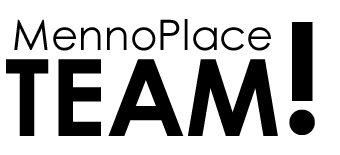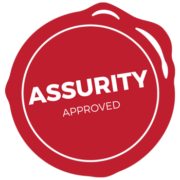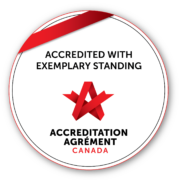The Benefits of Holidays – from FSEAP
There is no denying the fast pace of life today and the challenge of balancing the demands of work and family. Vacations are a time when we should be de-stressing, slowing our pace, and recharging. Yet there is an ethos of busyness and accomplishment that can overtake us,even during our vacations.
You may find that talks of vacation at work involves lamenting about how much you have to do before you go, as opposed to the vacation itself.
If you do take a vacation, you may tend to “over schedule” activities for yourself and your children to take advantage of every second.
Or, thanks to technology, you might not ever make a full mental break from work.Vacation time is not less valuable than work time. Simply put, vacations are critically important to mental and physical well-being. They act like preventative medicine. Vacations contribute to the heath of our family and work relationships, and to our ability to be creative and proactive. They provide us with the emotional capital to withstand adversity and crisis.
A vacation means a change to a different rhythm; from “what I must to today” to “what I feel like doing today.” Taking time off to get work done around the
house can translate to working hard in a different place instead of a true vacation. It does not matter whether you vacation at home or away, alone or with
others, as long as the supercharged switch goes off and the recharging begins. Before your vacation, it can be helpful to focus on upcoming work priorities and start delegating wherever you can. Let everyone know when you are leaving and will not be available, and give specific names and resources for problem-solving while you are away. When you leave, do your best to push aside the anxiety and guilt, and bring nothing with you from work. If possible, turn off your cell phone or leave it behind. Even if you are staying home for vacation, a “staycation,” tell your work contacts that you are unavailable. This will remove temptation for you or them to check in for issues that can actually be solved without you.
While planning your vacation, it can be helpful to look for something that demands a different response time than that of work: slower vs. hurried, spontaneous vs. planned, casual vs. formal, etc. Wake up at a different time in the mornings and/or establish a different routine to begin the day. If your job is sedentary, walk every day. Focus on the process rather than the outcome of the vacation. Over-planning activities can be less meaningful than relaxing and spending quality
time with yourself and family. If you are vacationing with children, ask for their input. Sometimes less is actually more, and doing activities in the number and
frequency you can all manage without becoming overtired is critical. Remember, on vacation it is actually fine to take the easy way out. Master the lost art of doing nothing. If you do not feel like cooking, order in or eat out, or let everyone who can, fend for themselves. If you do not feel like following through on a plan, don’t. There are no performance appraisals on vacation! Commit to doing something positive for your physical and mental health by taking a true vacation. Not only will you feel less stressed and more rested when you return to work, but you will continue to see those benefits for months to come.
Resources:
Medical benefits of Holidays
https://www.nuffieldhealth.com/article/tips-for-a-healthier-holiday





